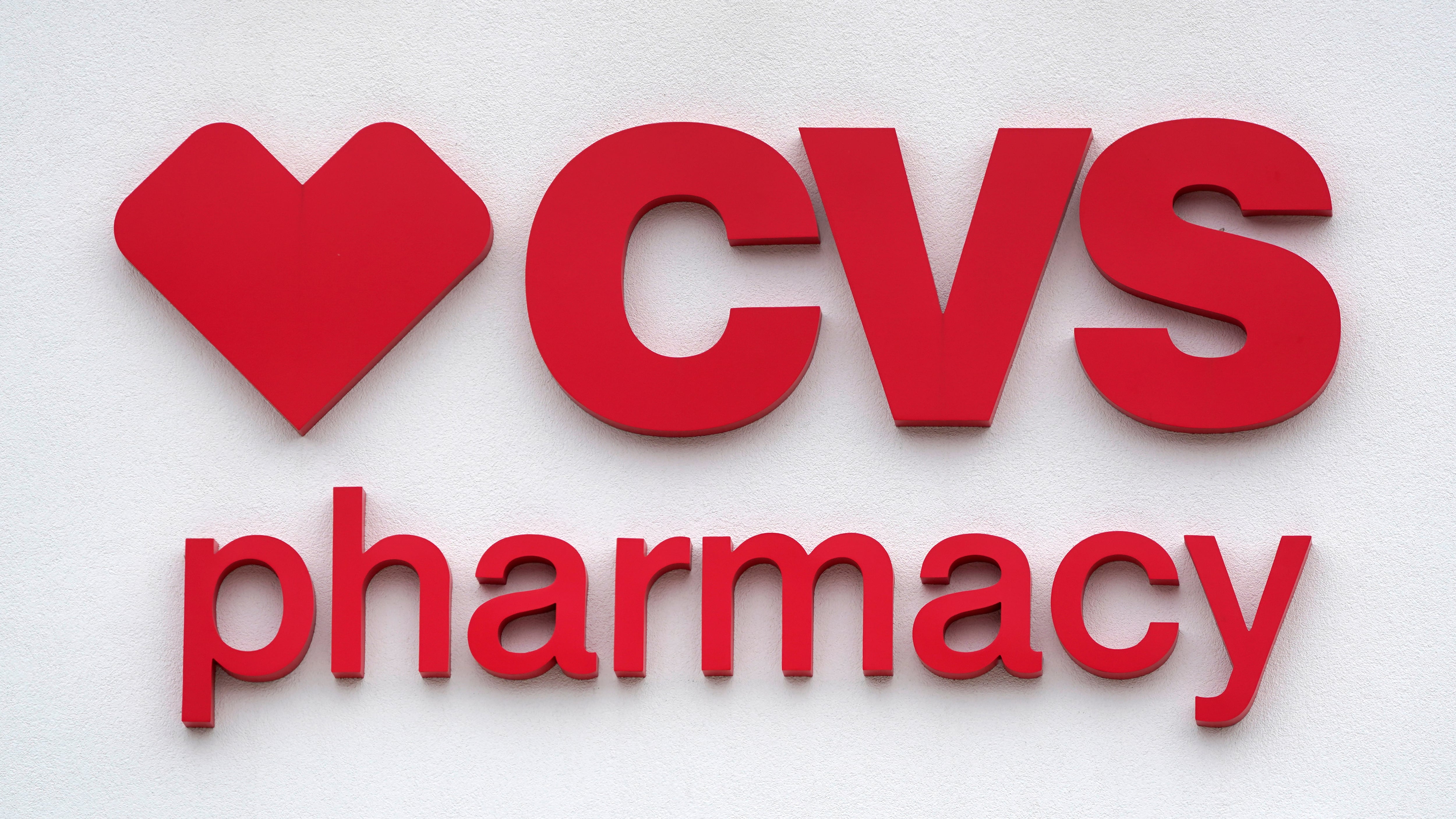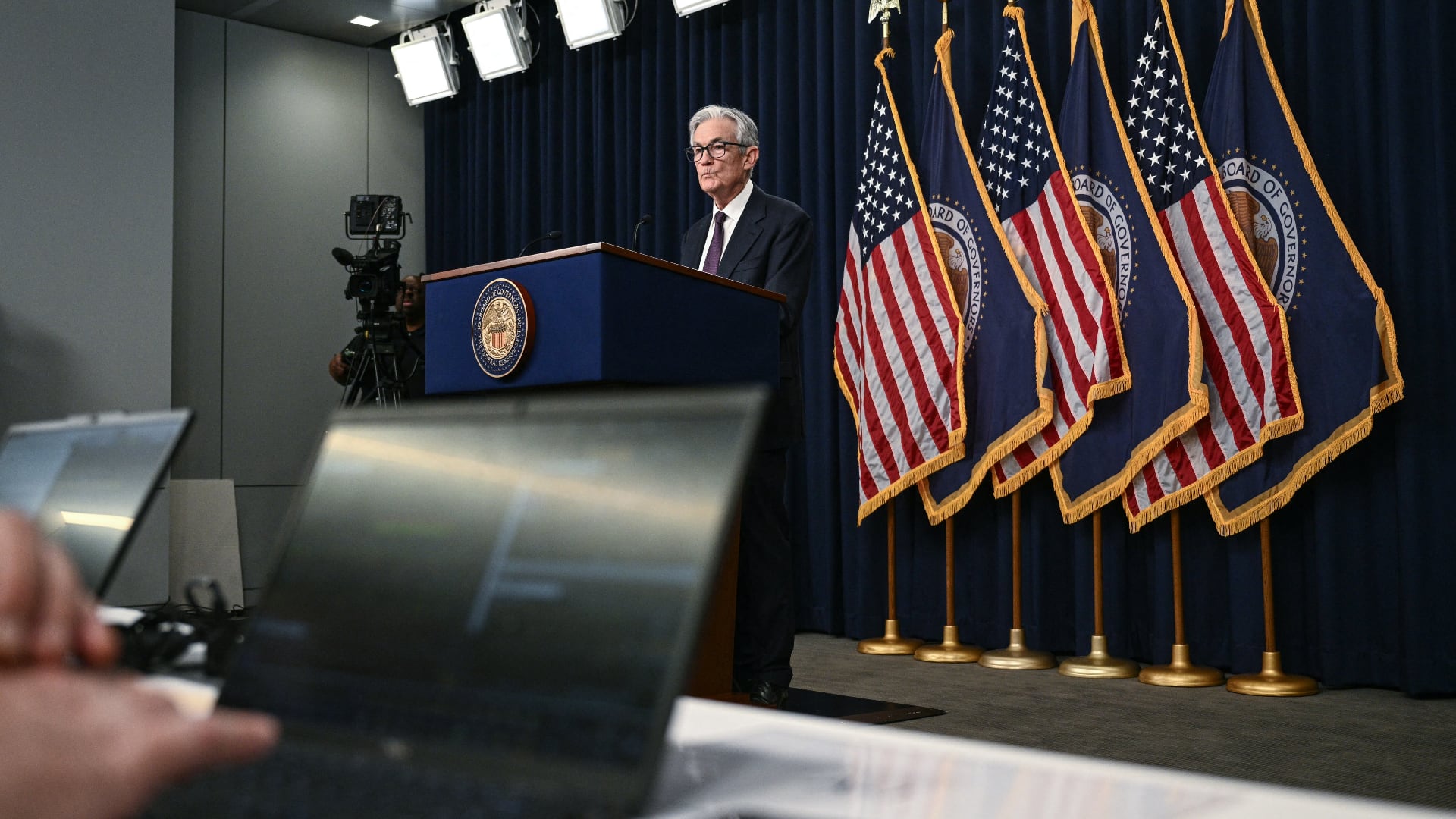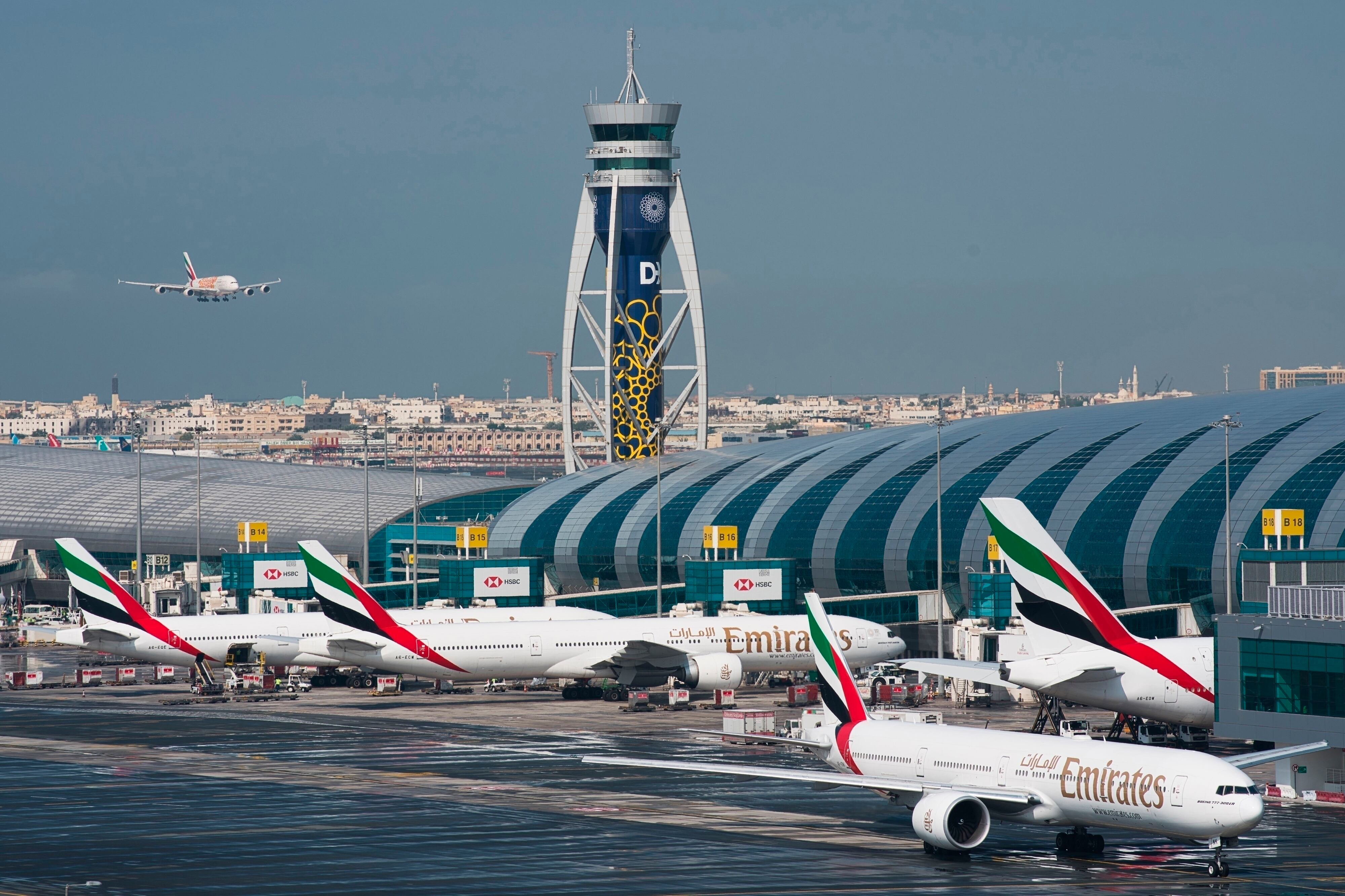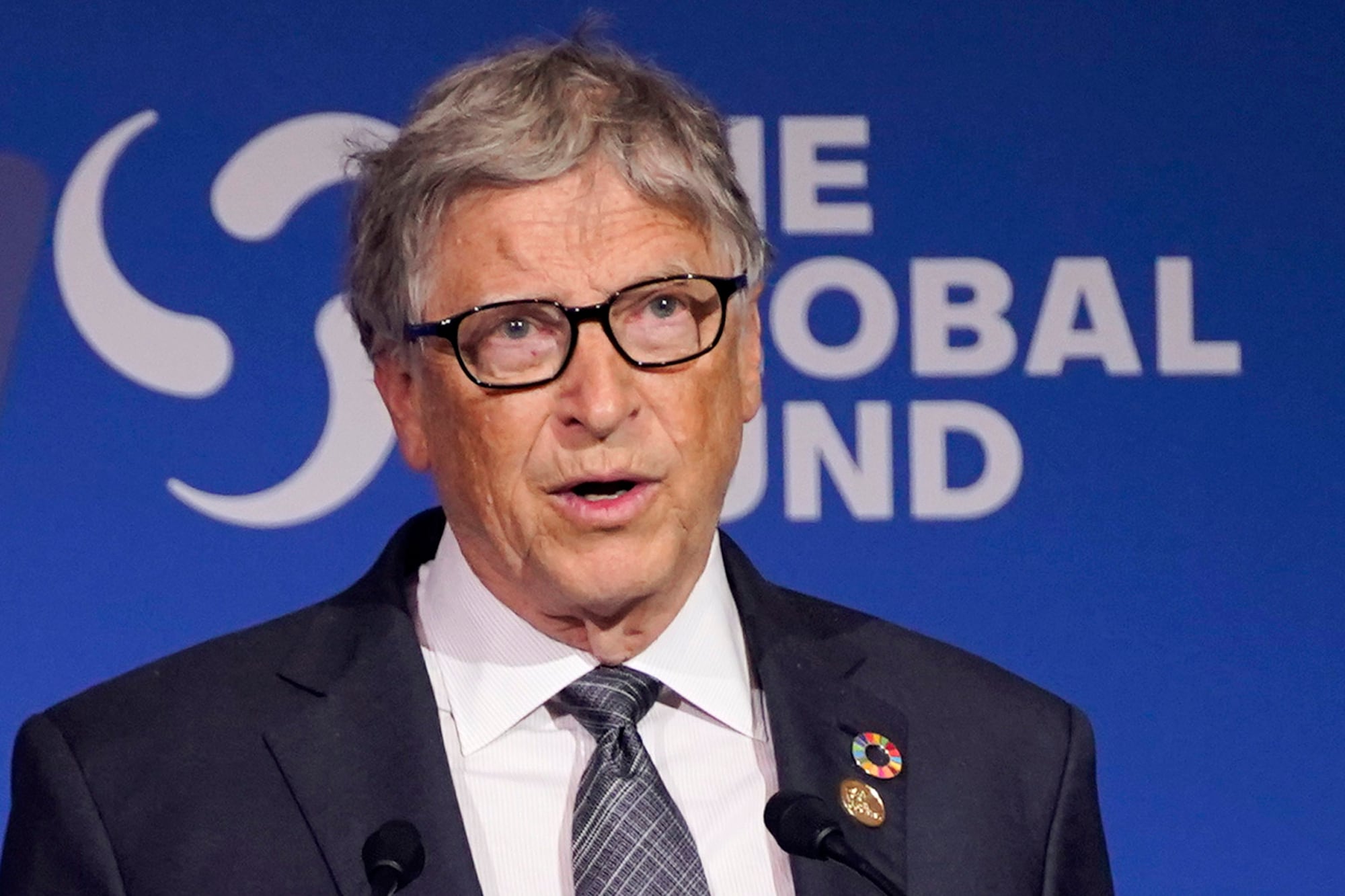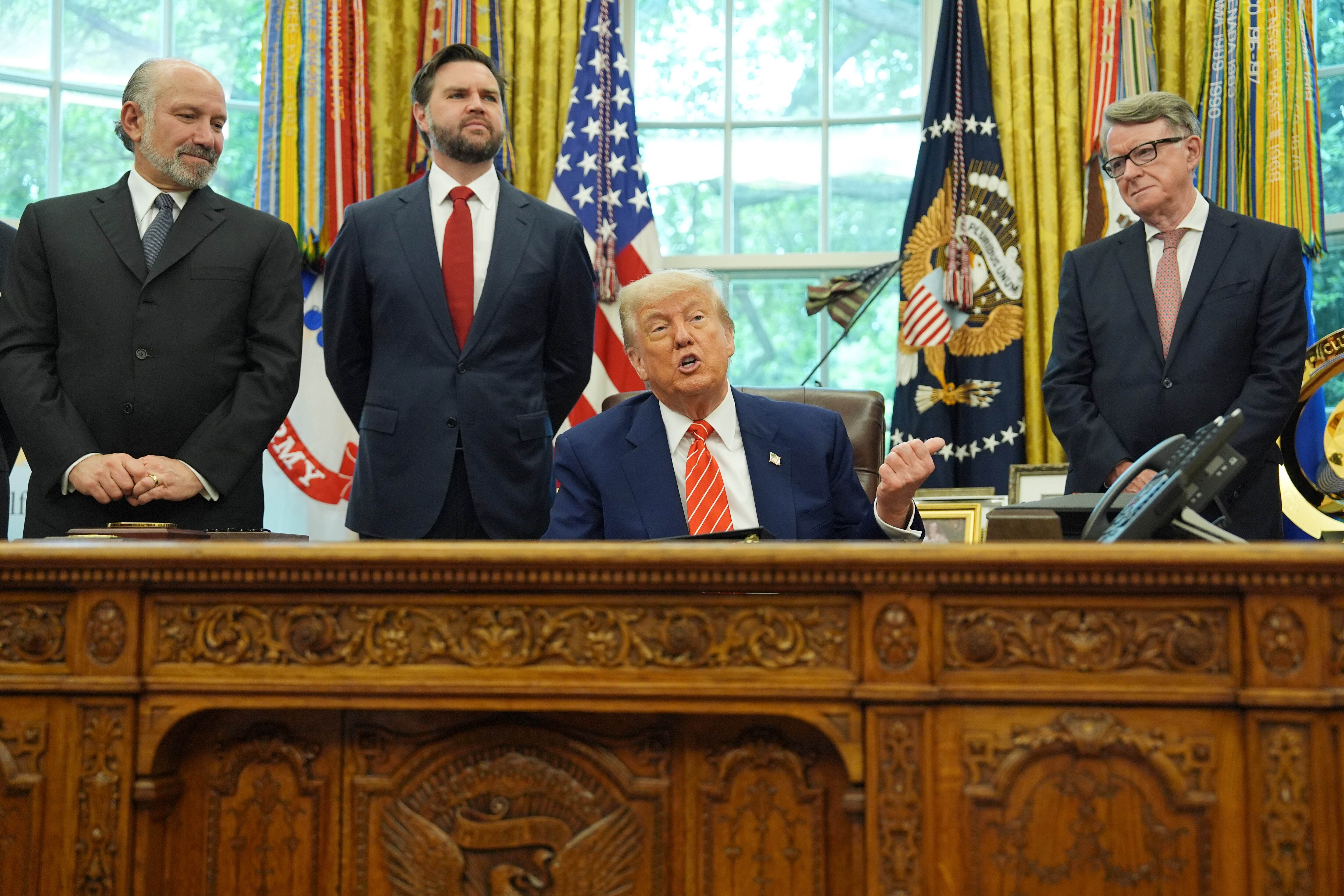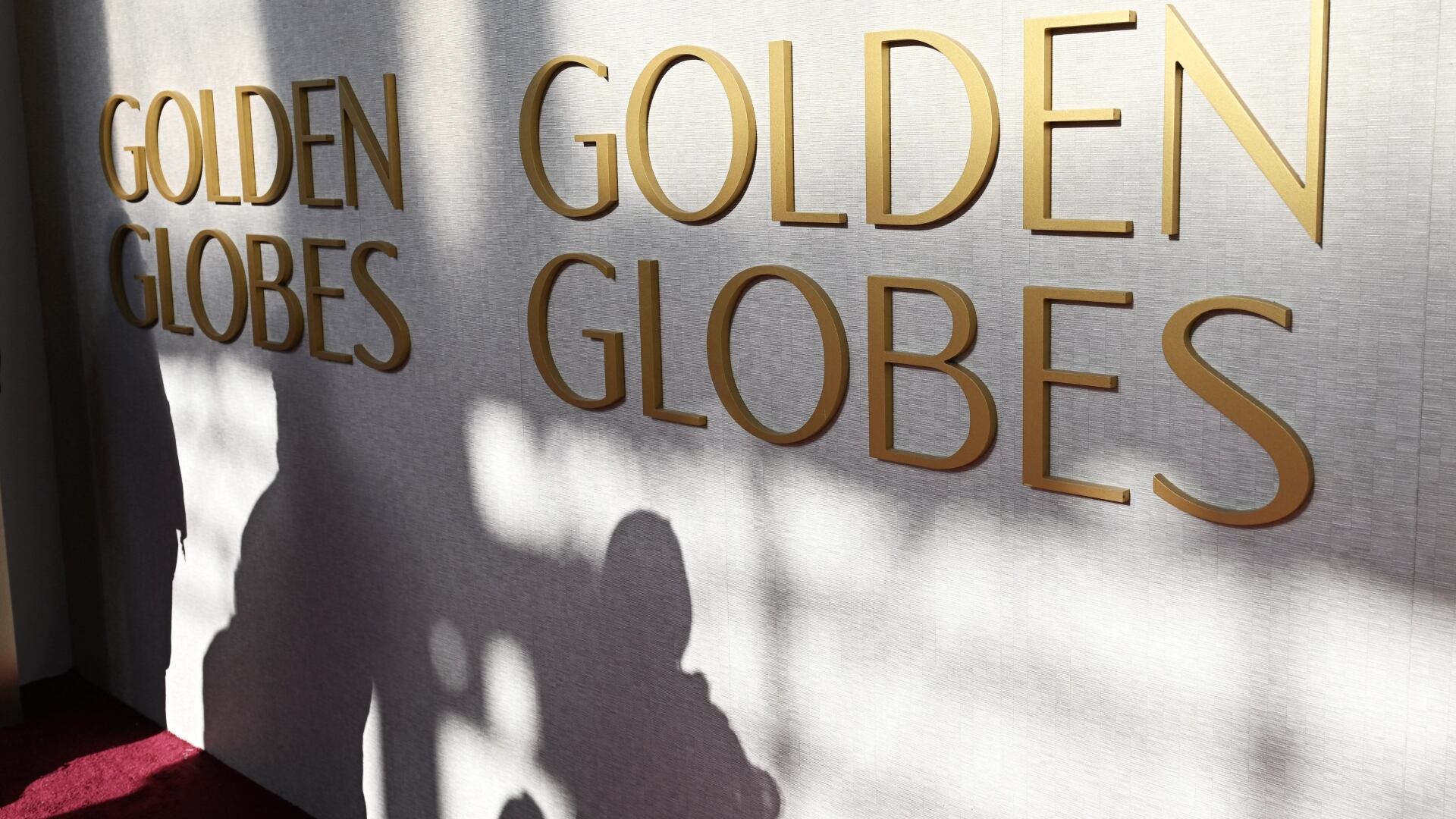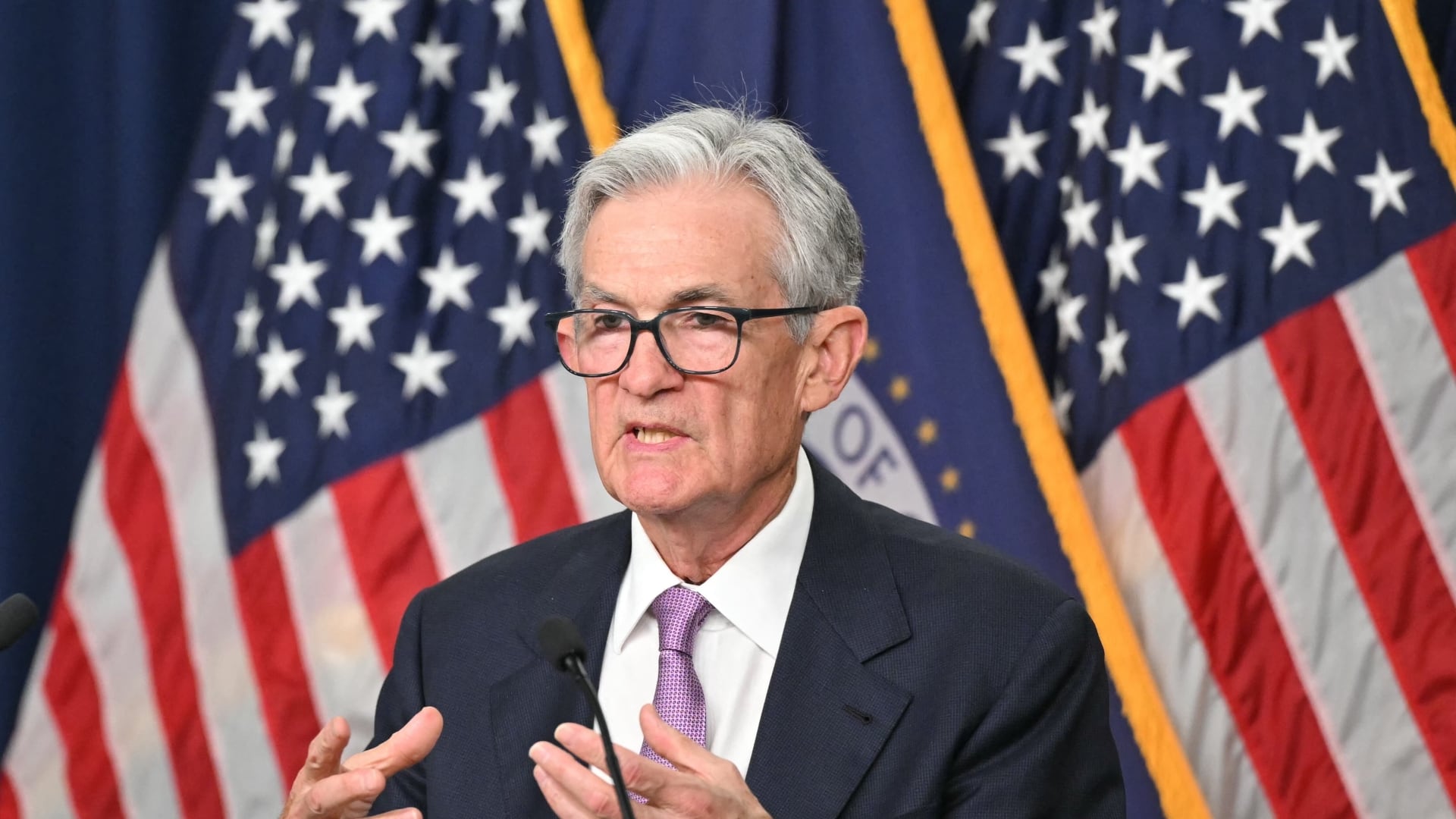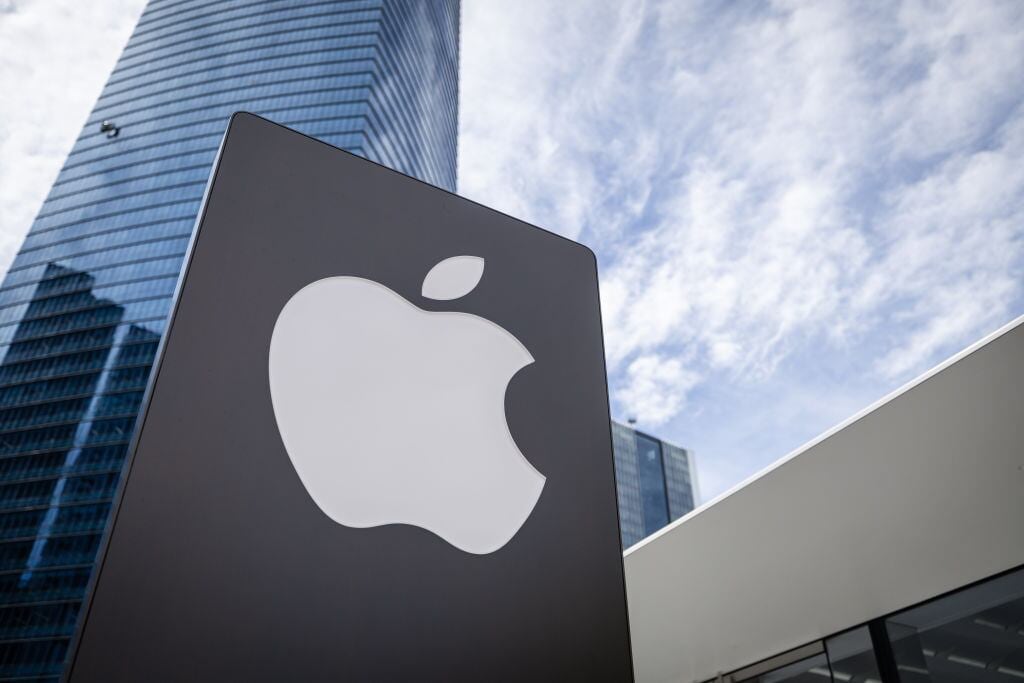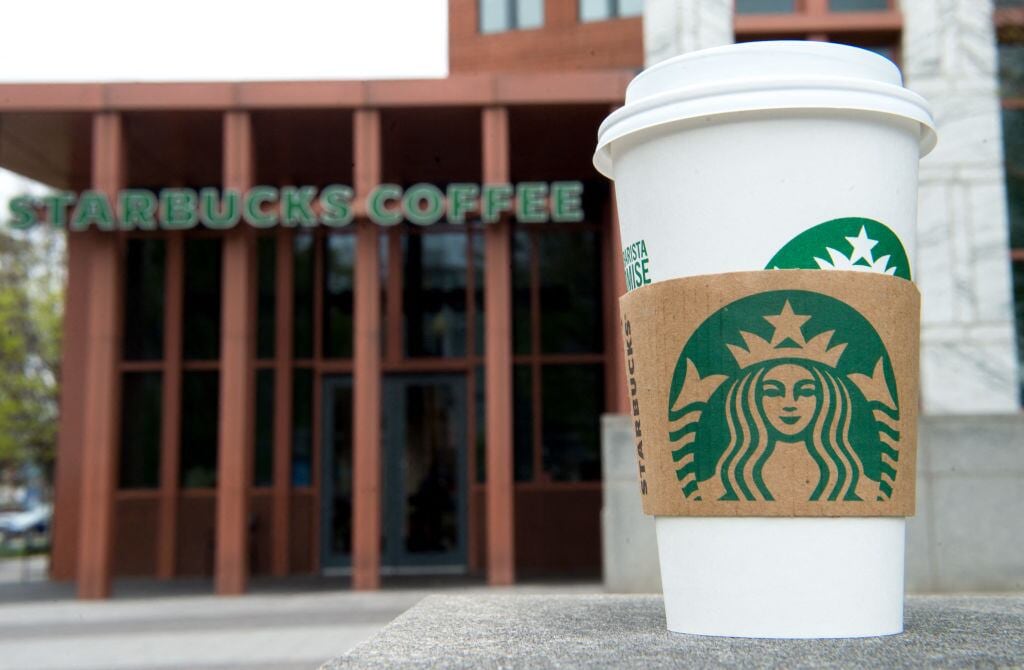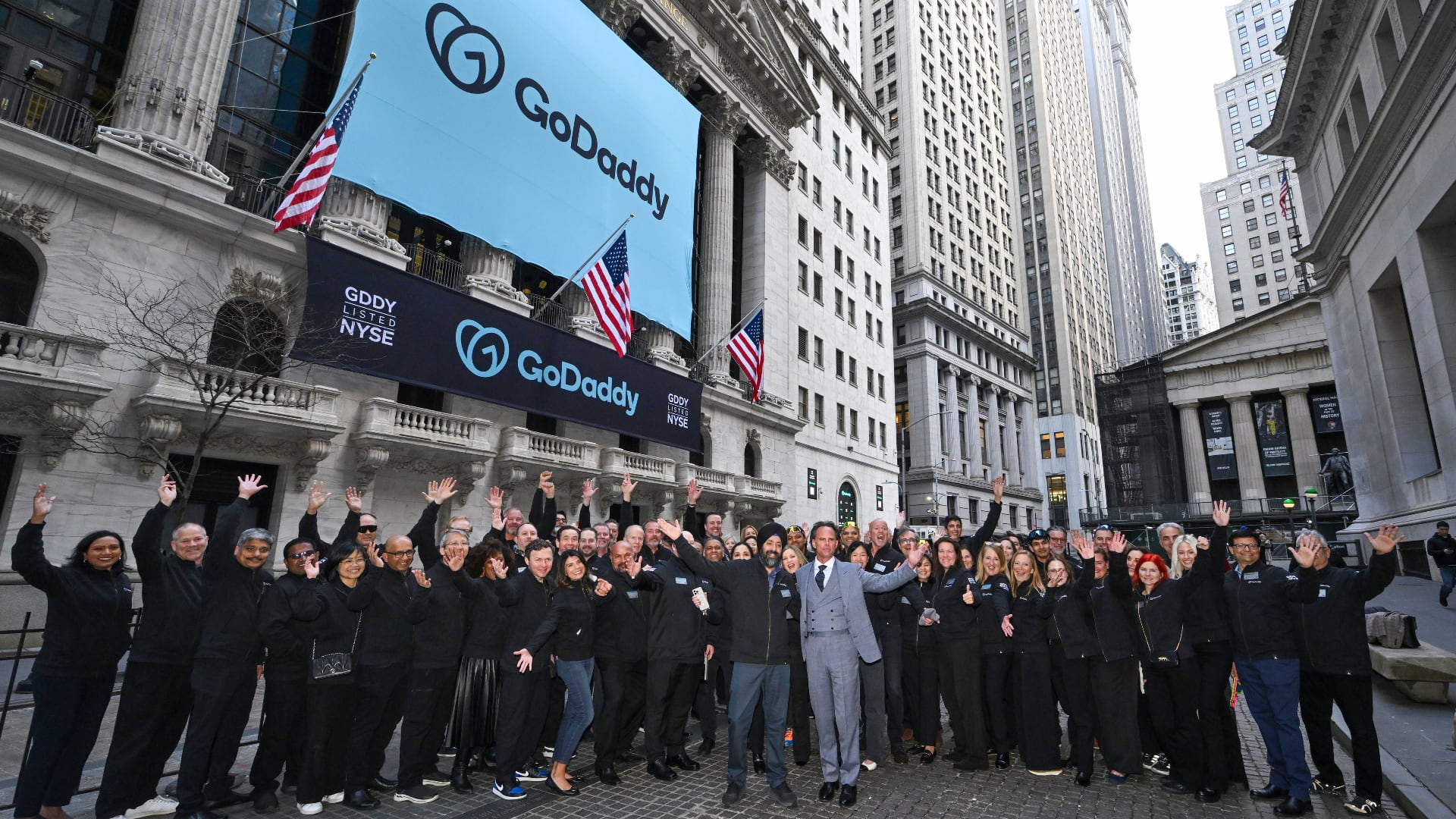Ford Motor Company partnered with 3M in March to develop powered air-purifying respirators and personal protective equipment, and now the supplies are on their way to frontline healthcare workers dealing with the COVID-19 pandemic across the country.
Jim Baumbick, vice president of enterprise product line management at Ford, told Cheddar on Wednesday that the company began shipping respirators to hospitals on Monday and has the capability of producing 12,000 units a week.
"We've prepared to actually build all of the elements of personal protection and ventilators as long as necessary, even as we start to roll in to return to work and crank up the production sites for our normal products," Baumbick said.
Ford is certainly not known for making respirators, but the vice president said they are still ensuring the highest quality in their products as if they were making their normal devices.
"We're taking all kinds of our normal quality approach and standards," Baumbick said. "We're used to building very very complex devices at very high volumes," he said.
In the last 45 days, Ford Motor Company has shipped more than 12 million face shields and 300,000 hospital gowns, which have been in high demand, to cities across the country, according to Baumbick.
"We learned a lot about things like gowns," he said. "This is where getting innovative, thinking about using airbag material, as an example, has enabled us to develop a gown, an isolation gown for these ICU wards, that is reusable, washable up to 50 times," Baumbick said.
